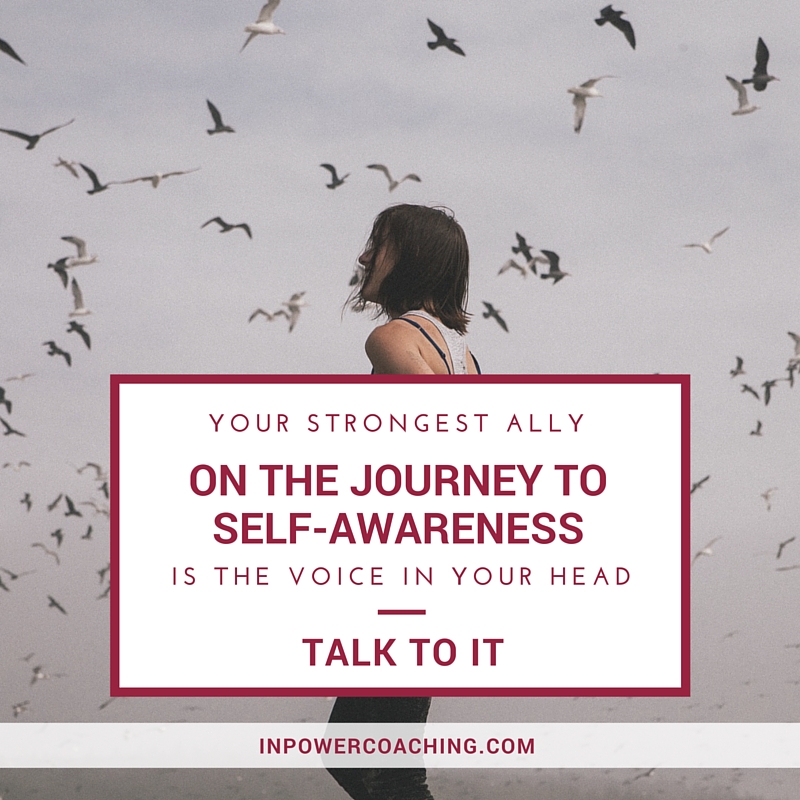
Stress can be a powerful and healthy resource. Yes, you heard me correctly – a resource. But wait, stress is bad, stress causes health problems, we all should try to diminish the stress in our daily lives… right? Not exactly. Sure, chronic stress can absolutely be harmful to health and well-being. But not always. When stress is viewed as a resource that is helpful to our lives, it can instead have many surprising and healthy benefits.
How Can Stress Be A Resource?
In everyday use being “stressed” has come to refer to a mind-boggling array of life experiences. Daily pressures like a job, school, caring for a child, juggling family schedules, building a business, and performing under pressure are all labeled “stressful.” But so are financial pressures, health problems, and traumatic loss. Undoubtedly eliminating some of these “stressful” difficulties from our lives would be ideal. But here is the thing: wouldn’t you miss many of these challenges? Think about it. Struggle and stress often go hand in hand with the experiences, people, and things you care about the most.
So do we now just blow off all the advice we get from experts about managing or reducing our stress? No. Instead we rethink how we view stress. Rather than seeing all stress as toxic, we recognize that our bodies have stress responses that can also make us stronger, happier, and healthier. These reactions may feel physically similar to the toxic “fight or flight” reaction we hear so much about but they are actually biologically different. The key to accessing the benefits of our stress responses is the way we think about stress. If we can learn to notice and use the stress signals that our bodies send us, stress can be an important resource for a healthy and meaningful life.
Seriously? Changing your mindset can change your biological response to stress? Thanks to science we now know the answer to be “yes.” Neuroscience research has shown that just by acknowledging your stress you can actually change your brain’s activity from its reactive center to its conscious and deliberate one. Research also shows that by viewing stress as helpful rather than harmful you can change your body’s hormonal response from the debilitating “fight or flight” reaction to a physically and mentally enhancing “challenge response.”
How can we harness this goodness for ourselves? Researchers suggest using a quick three-step process: (1) see your stress; (2) own your stress; and (3) use your stress.
See Your Stress! Pay attention to how your body experiences stress. Does your heart pound? Palms get sweaty? Maybe your mind becomes hyper-alert? When this happens don’t avoid it, acknowledge it. Think, “hey, I’m stressed about giving this presentation to my boss.” Or, “this upcoming meeting is making me stressed.” Remember the neuroscience research? By naming your stress you change your brain’s response which gives yourself more control.
Own Your Stress! This step is about realizing the connection between your stress and the things, people, and experiences you value. We stress when something we care about is at stake. Own the sense of motivation that can come when you recognize the meaning behind the struggle.
Use Your Stress! Reframe the stress you are feeling as beneficial – it’s your body giving you the energy to rise to the challenge and a signal you can trust yourself. In fact, in the recovery period just after stress our brain and body actually rewires itself to improve our skills, our knowledge, and to help us to better handle our future stress. An emerging scientific theory even argues that without stress we wouldn’t have the ability to learn from our experiences.
In times of stress have you ever had the urge to seek support from or to care for friends and family? If so, this “tend and befriend” response is your body’s built-in way to help you manage your stress and remain resilient. It does so by releasing additional oxytocin, the hormone that helps us to connect with others. Your cardiovascular health also benefits from this response because your heart has special oxytocin receptors that help its cells remain sound. Now that is a beneficial stress response!
Bottom line? The next time that you feel stress, stop and rethink it. Stress can certainly be complicated and unpleasant. But if we remember that our body’s stress responses were also designed to be beneficial, it can also become a resource to boost your performance, make you stronger, and help you to learn and grow.
References
Crum, A.J., Salovey, P., & Achor, S. (2013). Rethinking stress: The role of mindsets in determining the stress response. Journal of Personality and Social Psychology, 104(4), 716-733.
Jamieson, J.P., Nock M.K., & Mendes, W.B. (2012). Mind over matter: Reappraising arousal improves cardiovascular and cognitive responses to stress. Journal of Experimental Psychology 141(3), 417-422.
Keller, A., et al. (2012). Does the perception that stress affects health matter? The association with health and mortality. Health Psychology 31(5), 677-684.
McGonigal, K. (2015). The upside of stress: Why stress is good for you, and how to get good at it. New York: Avery.
Poulin, M.J., Brown, S.J., Dillard A.J., & Smith, D.M. (2013). Giving to others and the association between stress and mortality. American Journal of Public Health, 103(9), 1649-1655.






